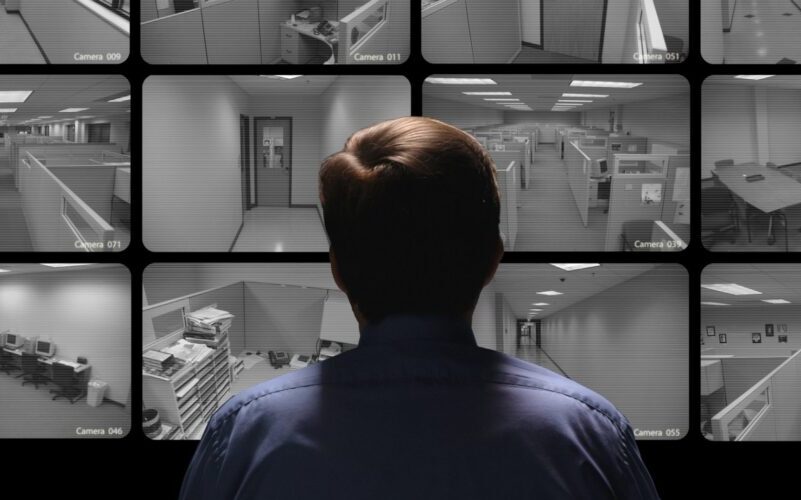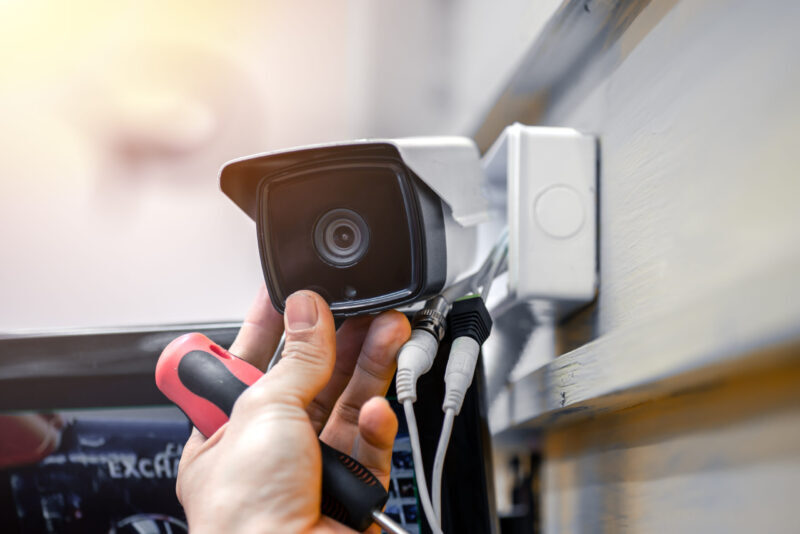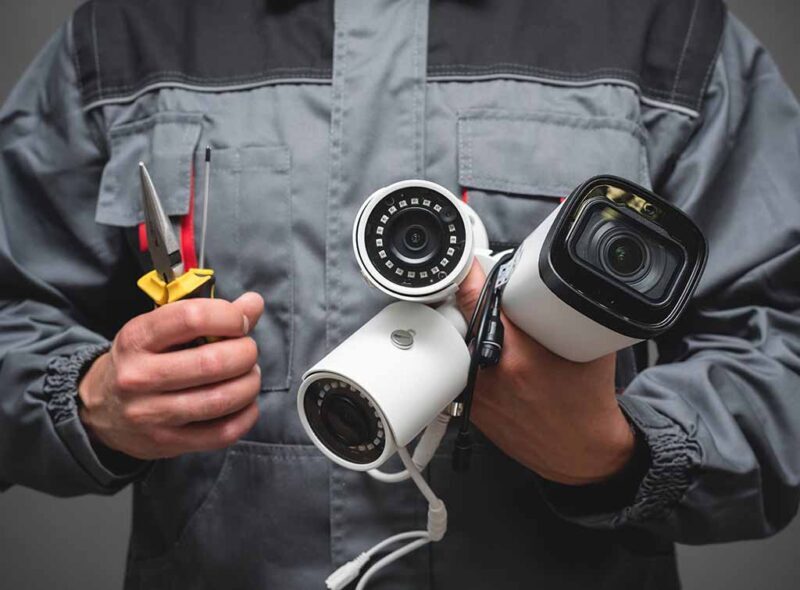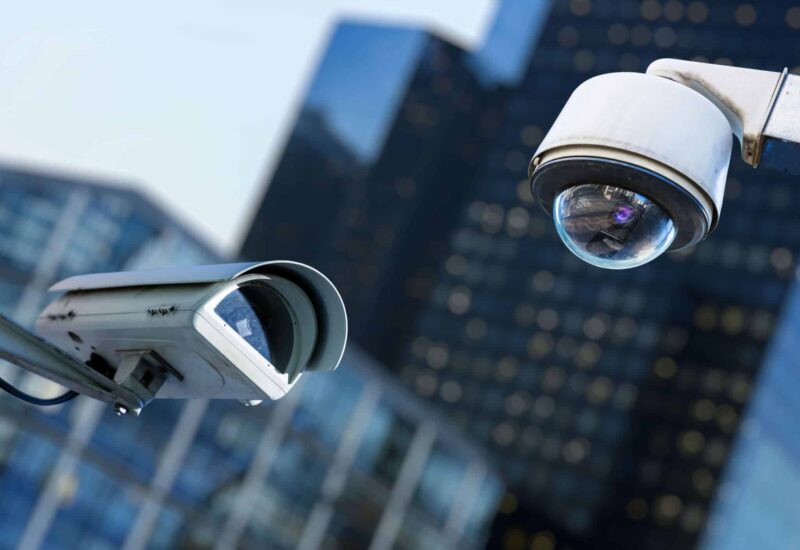No explicit federal legislation governs where, how, and when security cameras may be used. However, this does not imply that it is a free-for-all. You should be aware of several national rules about privacy and agreements. Furthermore, many towns and states have their own regulations and rules.
In this guide, we will examine whether security cameras invade privacy, whether they are worth it, and whether they work without Wi-Fi.
Are Security Cameras an Invasion of Privacy?
No. Installing an outside camera to keep an eye on your house is not an invasion of privacy. Where it becomes tricky is how you utilize your security camera and its video feed.
Otherwise, you have no right to privacy if you are in a public setting. Video surveillance is designed to keep people and property safe. Video does not pass judgment; it just sees and records. People in charge of security must assess the information and identify who may be an offender or warrant further inquiry. That’s why engaging with a remote security guard firm you can trust is vital.
Here are a few examples of why a security camera may be considered an invasion of privacy:
- In states requiring permission, you utilize a covert camera without consent.
- You keep a camera in a private area of your house.
- Your camera can view inside a neighbor’s house, particularly if you can see private areas such as a bathroom or bedroom.
Are Security Cameras Worth It?
The first step in determining if security cameras are worthwhile is understanding the advantages they may provide you and your house.
The advantages might vary considerably based on the surveillance camera’s functionality. Still, generally, some of the main benefits of having a home security camera system in your house include the following:
Monitors Your House From Anywhere
Wi-Fi-enabled cameras may send notifications to your mobile phone when someone enters the field of vision, allowing you to see video footage in real-time. Some cameras, such as doorbells and inside cameras, also include two-way audio, allowing you to speak with the other party.
Assists Law Enforcement
Cameras with sophisticated capabilities such as face recognition and HDTV recording may aid in determining who is breaking into or vandalizing your home.
Deters Crime
Security cameras efficiently deter break-ins because most thieves do not want to risk having their faces or cars captured on video. Burglars are more inclined to flee a residence with inside and outside security cameras. In a poll of 422 criminals, security cameras were ranked the most effective security threat, next by home security system alarms.
Monitors Specific Areas
Security cameras may also give you more visibility in certain areas of your house and property. For example, suppose you have a swimming pool. In that case, you may put a smart security camera that informs you if somebody wanders into the pool area, enabling you to respond immediately if required.
Security cameras may also monitor outbuildings, such as a shed containing important equipment and tools.
Provides Peace of Mind
Smart home security cameras are an excellent way to have peace of mind about what is happening at home. You may use them to check on your infant or pet, respond to your front door, safeguard valuables, or prevent criminals.
What Security Cameras Work Without Wi-Fi?
The quick answer is that there are security cameras that do not need Wi-Fi. They are as follows:
- Reolink Go: The Reolink Go is wireless and compatible with Reolink’s mobile application, allowing you to get alerts from motion detection and live to view.
- Arlo Go: Instead of connecting it to your Wi-Fi network, you purchase a mobile LTE plan for the Arlo Go where the video is recorded to a micro-SD card and cloud storage.
Whether you’re concerned about hacking or your Wi-Fi is inadequate, security cameras can be seen remotely without needing Wi-Fi.
Can Security Cameras Be Hacked?
When we imagine what it’s like to hack a system, we visualize somebody lurking outside your house. It’s a typical plot device in thriller films and television shows. Local hacking does occur, with hackers trying to guess your Wi-Fi password to make their way in. Remote hacks, which can be executed from anywhere in the universe, are significantly more prevalent.
Any network-connected gadget may be compromised. Even the most costly and sophisticated CCTV installations are susceptible to remote assaults.
Hackers target DIY interior CCTV cameras in particular. Hackers may discover these cameras using powerful search engines. They then try to get access by guessing an admin password. If successful, they may see video footage and even alter settings.
Backdoor vulnerabilities are another technique for hackers to get access to your cameras. Manufacturers are vigilant in mitigating dangers, but sometimes a “backdoor” is left behind. This then enables hackers to penetrate their systems. If successful, they may retrieve and release the personal information of clients. Hackers may then get access to CCTV systems, stealing video footage and locking people out by altering account information.




